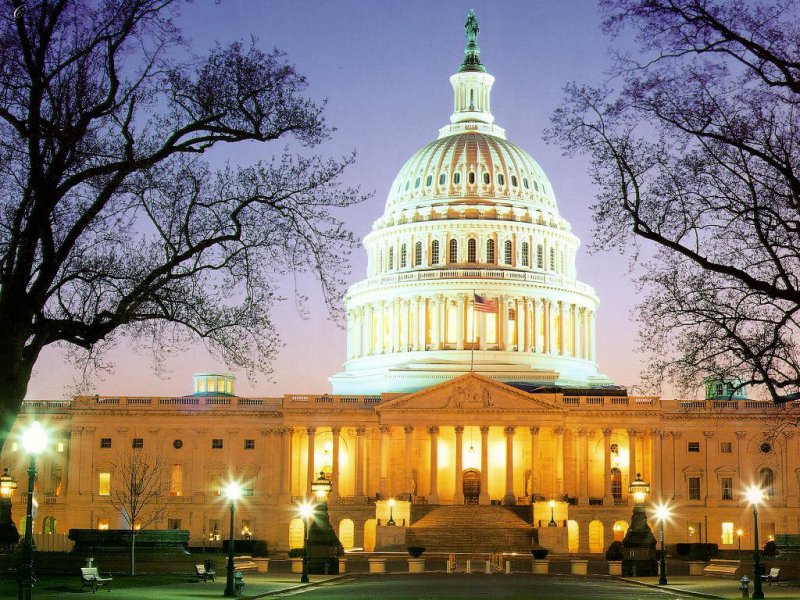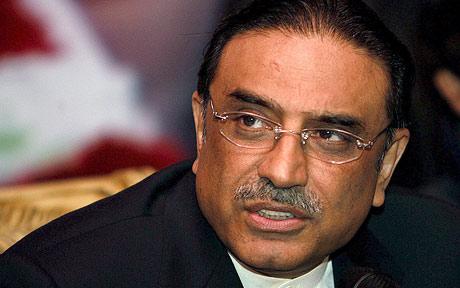Citizens appeal to PM, CM: Save Soni Sori from Death in Jail
BeyondHeadlines News Desk In an open letter addressed to the Prime Minister…
Security Beefed up in US After ‘Credible’ Terror Threats
BeyondHeadlines Foreign Desk New Delhi: Authorities in New York and New Jersey…
US Report Says India Witnesses Lesser Deaths in Terror Acts
BeyondHeadlines News Desk New Delhi: India experienced lesser number of deaths due…
US senator John McCain Visits J&K
BeyondHeadlines Special Correspondent Sri Nagar: US senator John McCain yesterday arrived in…
India a Difficult Place to Work With Health and Security risks: US Report
BeyondHeadlines News Desk New Delhi: Although Indo-US ties are on a positive…
US Debt: How did Superpower Reach Brink of Default?
Washington (AFP): How did the United States, the world's richest nation and…
U.S. Secretary of State Clinton in New Delhi for Strategic Talk
NEW DELHI, July 18 (Xinhua) -- The United States Secretary of State…
U.S. Unilateral Action Hurts Public Sentiments: Pak President
ISLAMABAD, May 27 (Xinhua) -- The unilateral action taken by the U.S.…
White House Dismisses Talks of Larger Role on Libya
WASHINGTON, April 18 (Xinhua) -- The NATO will continue to lead the…
Obama Says He Deserves Second Term
WASHINGTON, April 15 (Xinhua) -- U.S. President Barack Obama said Friday on…








